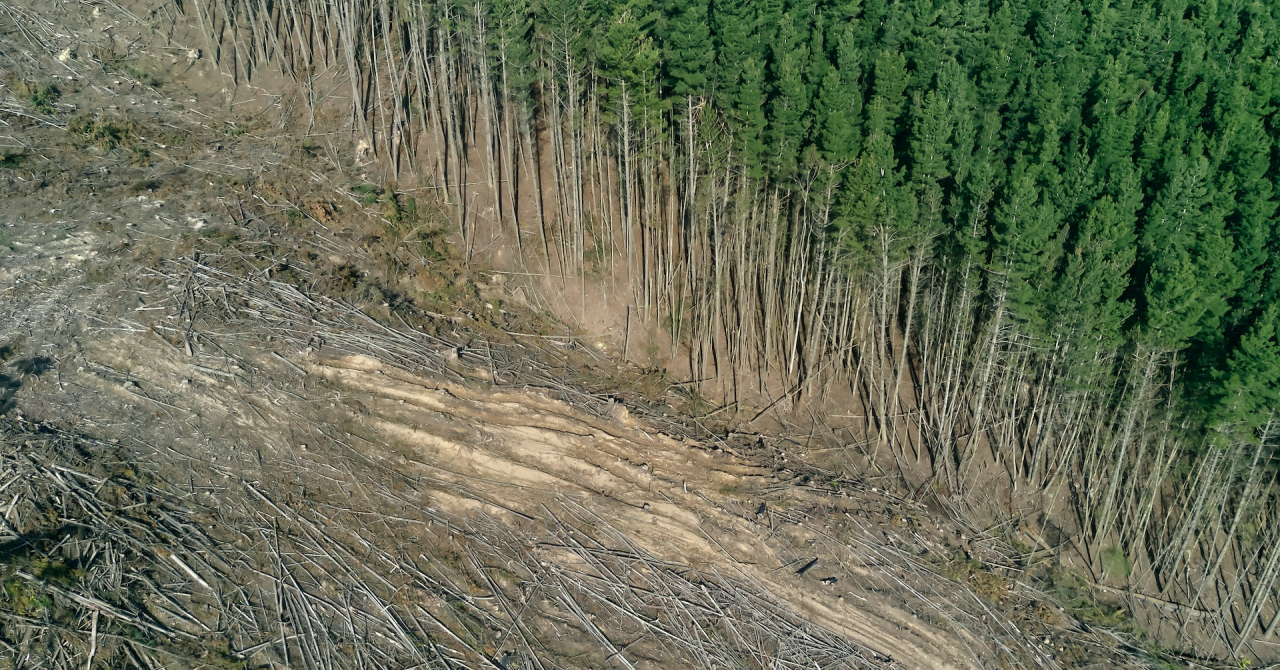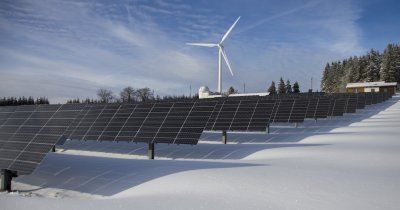According to Reuters, soy, coffee and beef are some of the commodities that companies can't sell in the EU if they are found to be a cause of deforestation.
To be able to continue selling their products in the region, companies will have to prove that their offerings are obtained without damaging the world's forests or else, they could be fined.
European Parliament's lead negotiator, Christophe Hansen, said that "I hope that this innovative regulation will give impetus to the protection of forests around the globe and inspire other countries at the COP15."
Companies will need to provide verifiable information regarding the place and date of production, with the condition that the goods must not be linked to ground deforested after 2020.
At the same time, they will also have to prove that the rights of locals were respected during the production process.
Failing to comply will result in fines that can be as high as 4% of that company's turnover in an EU country.
EU states will now have to check for compliance at 9% of the companies that are known to export goods from countries that have a high risk of deforestation, 3% that export from standard-risk countries and 1% that export from low-risk countries.
Some countries, such as Brazil, Colombia and Malaysia don't agree with EU's plan, saying that it will be costly and burdensome to implement.
EU environment commissioner Virginijus Sinkevicius said that EU officials will help these countries find adequate solutions to implement the rules.
 Mihai - Cristian Ioniță
Mihai - Cristian Ioniță












Any thoughts?